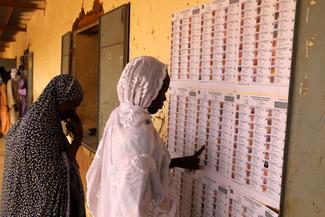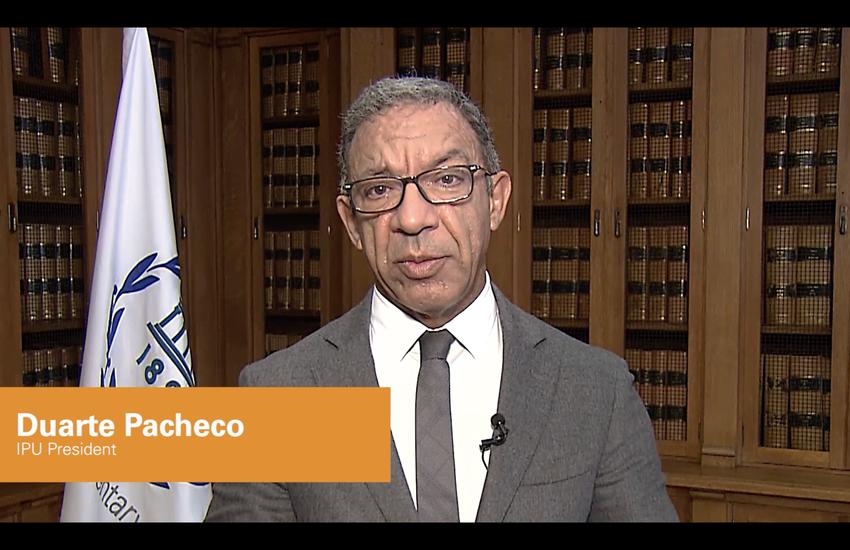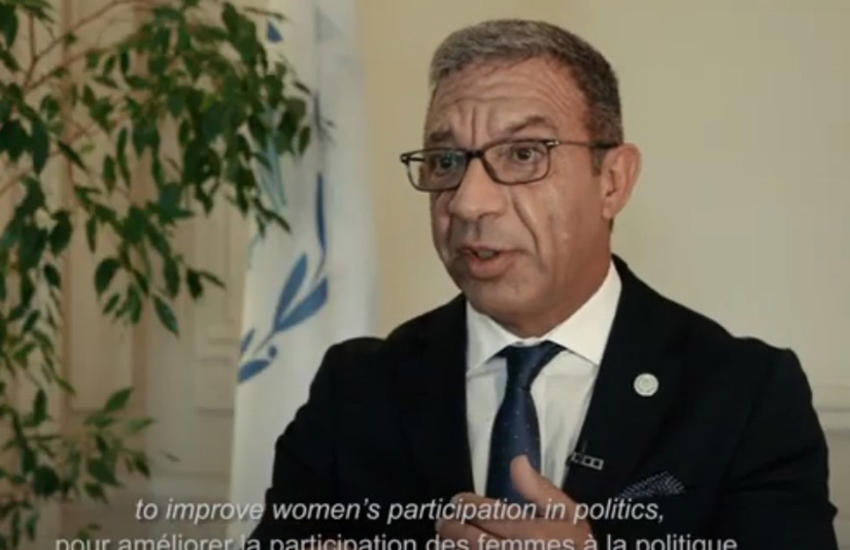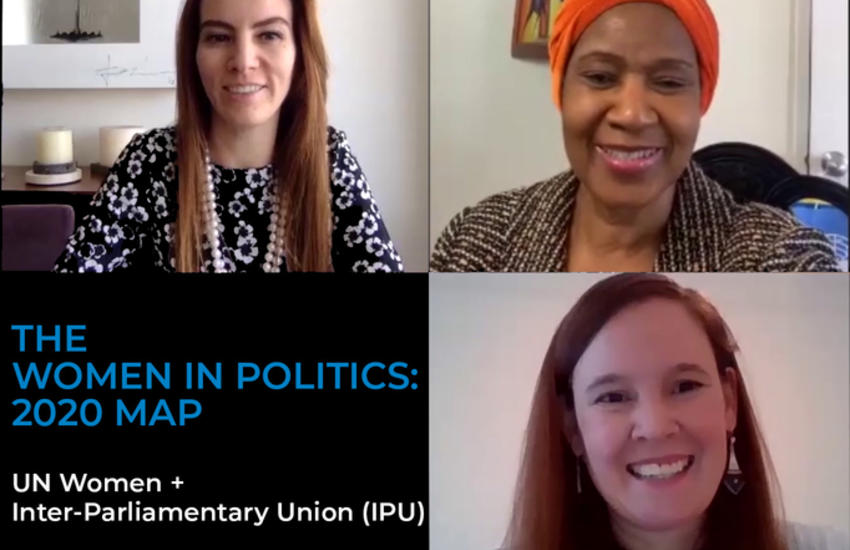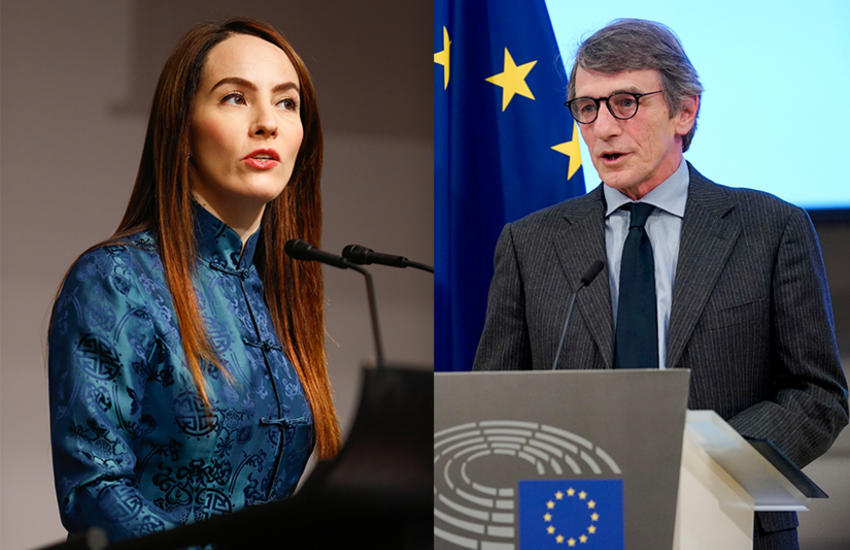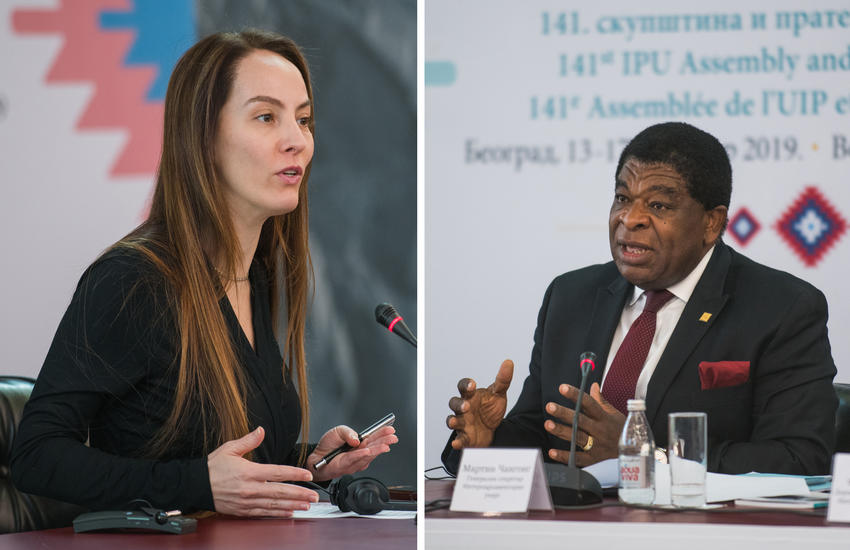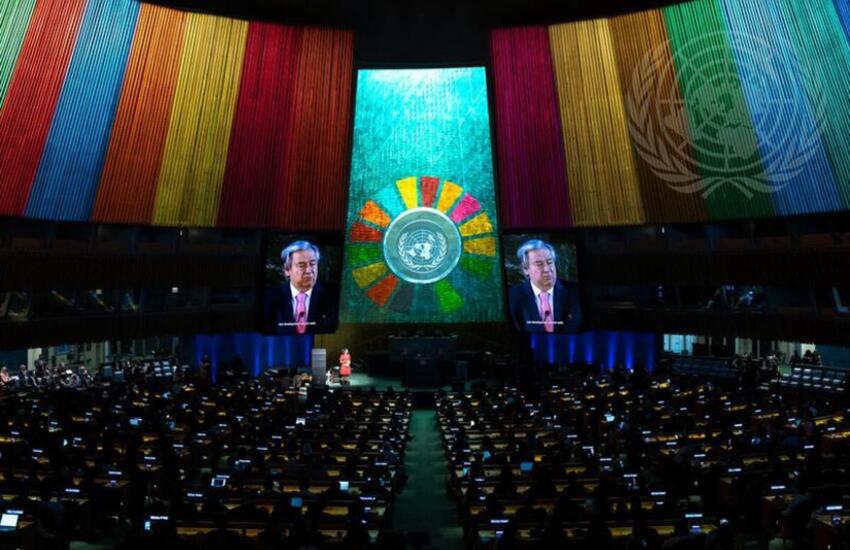View the monthly ranking of women in national parliaments
Our shared commitments
Since the adoption of the Universal Declaration of Human Rights, the United Nations Member States have recognized the equal right of women and men to participate in public affairs and decision-making bodies, positions and processes.
This fundamental right is reaffirmed in the Convention on the Elimination of All Forms of Discriminations against Women (CEDAW Convention), the Covenant on Civil and Political Rights, the Convention on the Political Rights of Women, the Beijing Declaration and Platform for Action, the Universal Declaration on Democracy adopted by the Inter-Parliamentary Union (IPU), and the United Nations Security Council’s Resolution No.1325 (2000) on Women, Peace and Security.
The establishment of inclusive and representative governance is also an essential condition for the achievement of the Sustainable Development Goals by 2030, in particular Goal 5.
Where do we stand collectively today?
The impacts of crises are never gender neutral, and the COVID-19 crisis is no exception. An effective response to the pandemic and its social and economic consequences requires inclusive participation and leadership for strong and sustained action that is beneficial for everyone. The goal of achieving gender parity in decision-making and leadership is more crucial than ever.
While acknowledging the advancements made towards ensuring the participation of a constantly growing number of women in political decision-making positions and processes, progress is still slow and the average representation of women in political offices remains far lower than that of men.
In 2020, women accounted for only a quarter of parliamentary membership worldwide and 36.3 per cent of elected officials in local deliberative bodies. Globally, only 21.3 per cent of ministers were women. In only 30 cabinets worldwide did women make up at least 40 per cent of ministers. Women’s under-representation as health ministers was especially concerning in the midst of the pandemic: while women made up 70 per cent of health sector workers, only 24.7 per cent of the world’s health ministers were women. The scourge of violence against women in politics hinders development and challenges democracy everywhere. IPU studies have revealed that more than 80 per cent of women parliamentarians surveyed had faced psychological violence, at least 25 per cent had suffered physical violence and 20 per cent had been sexually harassed.
Shifting the paradigm now
To build back better, the world needs a paradigm shift based on inclusive and representative governance by 2030. To achieve this objective, progress towards equality in politics can no longer be simply incremental. It requires prompt and firm action. While specific action may need to take into account the individual context of States around the world, progress essentially requires a widespread move towards concrete and impactful solutions.
The IPU and the CEDAW Committee call for an acceleration towards the equal representation and leadership of men and women in political office. Such acceleration should build on establishing gender parity targets and adopting and implementing national action plans to reach the parity target.
Gender parity in political office and leadership is key to:
- Remove barriers – substantive, structural or cultural – to equality between men and women;
- Open the world of politics to women from diverse backgrounds and groups in society;
- Transform the political arena into an enabling space/environment wherein women feel comfortable to work and contribute;
- Offer a positive example to society at large;
- Address and reflect the equality demands of a modern society; and
- Make political institutions and processes more efficient, effective and legitimate.
Our call
The IPU and the CEDAW Committee urge parliaments and governments to craft and adopt National Plans of Action setting concrete objectives, strategies, actions and deadlines suited to their national context. They should also regularly monitor and evaluate progress towards the goal of gender parity in politics by 2030.
National Action Plans should aim to accelerate progress to reach gender parity by 2030, including by:
Reforming legal and policy frameworks to achieve gender parity:
- Adopting electoral gender quotas to reach the gender parity target;
- Reforming or repealing laws that discriminate against women and adopting comprehensive legislation that guarantees gender equality in all areas of life;
- Capping spending on electoral campaigns; and
- Adopting laws to prevent and criminalize gender-based violence against women in politics, including harassment and sexual harassment, and ensuring reparation for survivors.
Making institutions gender-sensitive and gender-responsive:
- Adopting the target of parity in all spheres of public life, including in political and administrative, as well as executive, legislative and judiciary bodies, at both the national and subnational levels;
- Ensuring that internal rules and codes of ethics help prevent all forms of discrimination and gender-based violence against women and provide for effective mechanisms to address them; and
- Mandating, institutionalizing and resourcing dedicated mechanisms for gender mainstreaming in state institutions.
Ensuring a conducive environment for gender equality:
- Fighting against negative gender stereotypes;
- Mobilizing all media formats and technological tools;
- Mobilizing and incentivizing political parties;
- Implementing information campaigns, raising awareness and training;
- Protecting and supporting women’s human rights defenders and NGO representatives;
- Ensuring gender parity in peace and constitution-building processes; and
- Promoting human rights education and gender equality in education curricula.





